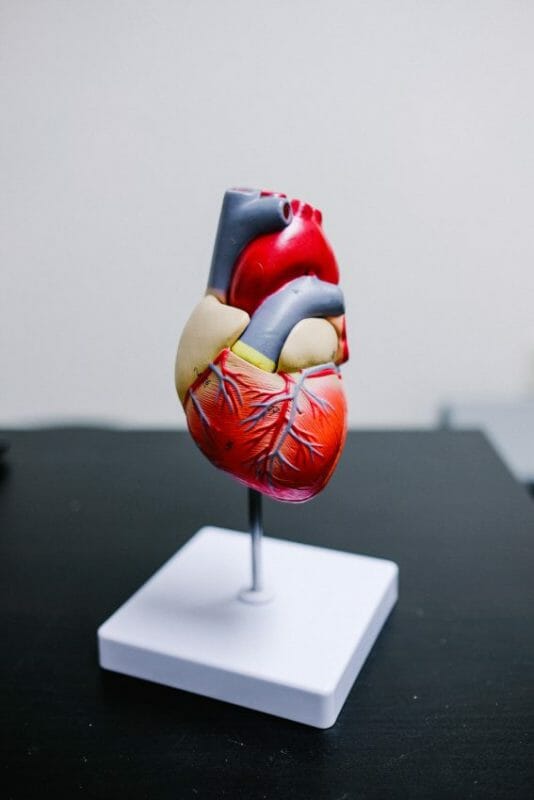There is a fine line between getting sick and suffering from illness. Your physician can help you get better with medicines when you are sick with a cold or something common. But, when you or your loved one suffers from an illness, it calls for a specific professional.
In the field of medical practice, there are a variety of specialized doctors, each with expertise in treating an illness or an organ. After years of studies, practice, and the most challenging exams, people acquire specialization in different fields of medicine. This makes them experts in treating a specific part of the body or illness. One such medical expert is a cardiologist who attends to heart diseases.
Here is everything you need to know about cardiology jobs and their future prospects.
Definition
Cardiologists hold expertise in diagnosing and treating cardiovascular diseases. They mainly have expertise in heart-related diseases, but they can also handle general illnesses. They also operate and conduct different forms of medical examinations in order to eliminate the illness at its roots. A cardiologist needs to discuss the health situation with the patient as well. From guiding toward a healthier life for the betterment of their heart to performing surgery, cardiology is about curing any disease that can affect a patient’s heart.
Job Description
Cardiologists attend to the care of the patient’s heart and blood vessels. They perform extensive research with the help of comprehensive examinations and the medical history of the patient in order to provide them with the best solution. In cases of prolonged illnesses related to the heart, a cardiologist can also suggest dietary changes for a speedy recovery.
Communication is also a significant part of a cardiology job. A cardiologist may have to inform a patient or their family about the current condition of the patient’s health and what can be done to prevent any future occurrences. They should also be able to answer any question put by the patient or their family about the current health status of the heart. They need to prescribe heart medication and wellness changes to decrease the chances of a heart attack or heart failure.
Future Prospects
In today’s time, where heart diseases are common in people of all ages, cardiology jobs are seeing a rapidly increasing demand. In order to become a heart specialist, the process is the same as that of a doctor of any specialty. As it is a highly noble profession and requires a great deal of hard work, becoming a cardiologist is not easy to crack. It requires years of study of the human heart and the factors that affect its health. It requires more expertise and experience than a general physician.
According to multiple surveys, the demand for cardiologists will only increase in the coming days. Considering the deteriorating health condition of the heart and lifestyle choices, people nowadays are more prone to heart diseases than ever before.
Finding A Cardiologist
Most cardiologists are on the payroll of hospitals, where they’re available for consultations. Some do have independent practices as well. There are multiple ways to find a good cardiologist for your loved ones or yourself. With minor internet research, one can have multiple prospects. One can also take suggestions from family and friends. In addition to that, your current physician will definitely have a few suggestions for you, which is always a better option.
Going to your nearest hospital can save you much hassle, as hospitals often have doctors of all specialists. However, there are hospitals specifically for the research and treatment of heart and blood vessels.
